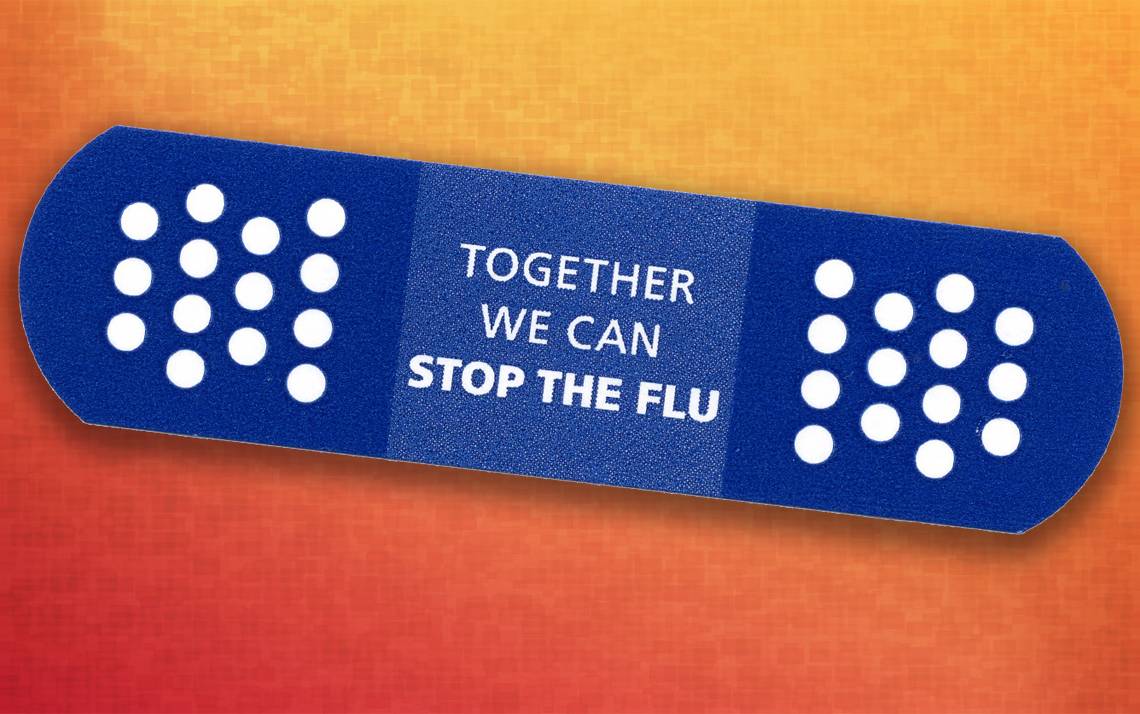The seasonal flu vaccine is available at no cost to Aetna members who have benefits that cover preventive services. The vaccine is available for adults and for children 6 months and older. Children aged 6 months through age 8 who have never had the vaccine or have only had one dose in their lifetimes should have two doses of the flu vaccine. You pay nothing for a flu shot if your doctor or other qualified health care provider accepts Assignment for giving the shot.Don’t wait to get the flu shot. You can get the flu shot many places, including your doctor’s office and your local pharmacy — contact them for details. A flu shot is one of the best ways to prevent seasonal flu. Find answers to questions like why get a flu shot, who should get a flu shot, when and where to get one and more. Federal law prohibits the clinic from charging you a copay, deductible, or coinsurance for flu shots, so you get no bill. The cost of the flu shot is paid for out of the rest of the insurance.
Did you know that most health insurance plans cover recommended vaccines for both children and adults at little or no cost to you? And even if you don’t have health insurance, you can still get vaccinated — and you may be able to do it for free or at low cost.
Below you’ll find information about the different ways to pay for vaccines.
Private health insurance
Most insurance plans are required to cover recommended vaccines without charging you. That means you can usually get vaccines at no cost to you.
Military insurance
Military insurance, TRICARE, covers all of the recommended vaccines for people currently serving in the military and their dependents (family members they support). Depending on your plan, there may be a copay or a fee for getting vaccinated.
Learn more about TRICARE coverage for vaccines.
Medicare
Medicare Part B covers many vaccines at little or no cost to you. The costs may vary based on how you get your Medicare coverage, the vaccine, and whether the doctor you see accepts Medicare.
Medicare Part B covers vaccines that protect against:
- Hepatitis B (if you have certain long-term health problems or a weakened immune system)
Medicare Part D plans may cover other vaccines — for example, vaccines that protect against:
- Tetanus, diphtheria, and whooping cough (Tdap vaccine)
Visit Medicare.gov to learn more.
Medicaid
Medicaid covers all of the recommended vaccines for children and some vaccines for adults. There may be a copay or fee for getting vaccinated, depending on what state you live in and the doctor you see to get vaccinated.
Contact your state Medicaid office to learn more.
Don’t have health insurance?
You can get coverage through the Health Insurance Marketplace. With a single application, you can shop all the plans available in your area. You’ll also find out if you qualify for free or low-cost plans based on your family size and income.
- Find a health insurance plan.
- Learn more about the Health Insurance Marketplace.
Free and low-cost vaccines
If you don’t have health insurance — or your plan’s out-of-pocket costs for vaccines aren’t affordable — you can still get vaccinated. There are ways to get vaccines for children and adults at a lower cost or for free. Here are some helpful resources.
The Vaccines for Children Program
The Vaccines for Children Program (VFC) provides all recommended vaccines at no cost for children under age 19 who:
- Qualify for Medicaid
- Don’t have insurance or can’t afford out-of-pocket insurance costs for vaccines
- Are Native American or Alaskan Native
Local health centers and state health departments

Federally funded health centers provide preventive services and wellness care, including vaccines — and may offer sliding fees based on your income. Find a health center near you.
Your state health department can tell you where to go for free and low-cost vaccines, including community centers, schools, and religious centers. Click on your state to get your state health department’s vaccine resources.
Medically reviewed by Melisa Puckey, BPharm. Last updated on Oct 1, 2020.
Cosentyx (secukinumab) is an immunosuppressant injection that works by decreasing the body immune response. In plaque psoriasis, ankylosing spondylitis, psoriatic arthritis and non-radiographic axial spondyloarthritis (nr-axSpA), these conditions are caused by the immune system being overactive against your own body. Cosentyx works by decreasing the immune response, you then have less symptoms and your condition improves or stabilises.
Can I get a flu shot while taking Cosentyx?
The answer to whether you can get a flu (influenza) shot when on Cosentyx is both yes and no, so it is a little bit complicated.
- No, you should NOT have a live flu vaccination (live-attenuated vaccines) while on Cosentyx as you may end up with a severe reaction from the virus infection spreading throughout your body as it is uncontrolled by your suppressed immune system. An example of a live flu vaccination is FluMist which you should NOT have while on Cosentyx

- Yes, you can have a non-live flu(inactivated vaccines) vaccination and recombinant flu vaccination while on Cosentyx because it is unable to cause an infection, as it can not replicate. However because Cosentyx works by decreasing the immune response, you may not get a benefit from having the vaccination, this is because the immune response may be so small that it isn’t enough to prevent the flu.
What is the difference between live, non-live vaccines and recombinant vaccines?
Vaccines work by teaching your immune system to fight off viruses, bacterial or toxins.
- Live vaccines (live-attenuated vaccines) use a weakened form of the virus so that the body creates a strong long lasting protection against the virus.
- Non-live vaccines (inactivated vaccines) use a killed version of the flu virus that the body’s immune system responds to and forms an immunity to the virus.
- Recombinant vaccines (subunit or conjugate vaccines) use a specific piece of the flu virus that causes the body to create an immune response to the flu virus.
Bottom line
- Cosentyx is an immunosuppressant medicine which reduces your immune system.
- Flu vaccinations help prevent the flu by teaching your immune system to fight off the flu virus.
- Live flu vaccines (live-attenuated vaccines) should be avoided while on Cosentyx as you risk getting severe infection as the virus can replicate if your immune system is suppressed
- Non-live flu vaccines (inactivated vaccines) and recombinant flu vaccines may be given while on Cosentyx, but you may not have a benefit from the vaccine and the immune response may be too small to prevent the flu.
Medicare Copay For Flu Shot
References
Related Medical Questions
Drug Information
Copay For Flu Shot
Related Support Groups
Is There A Copay For Flu Shots At Cvs
- Cosentyx(7 questions, 22 members)
- Secukinumab(5 questions, 6 members)

